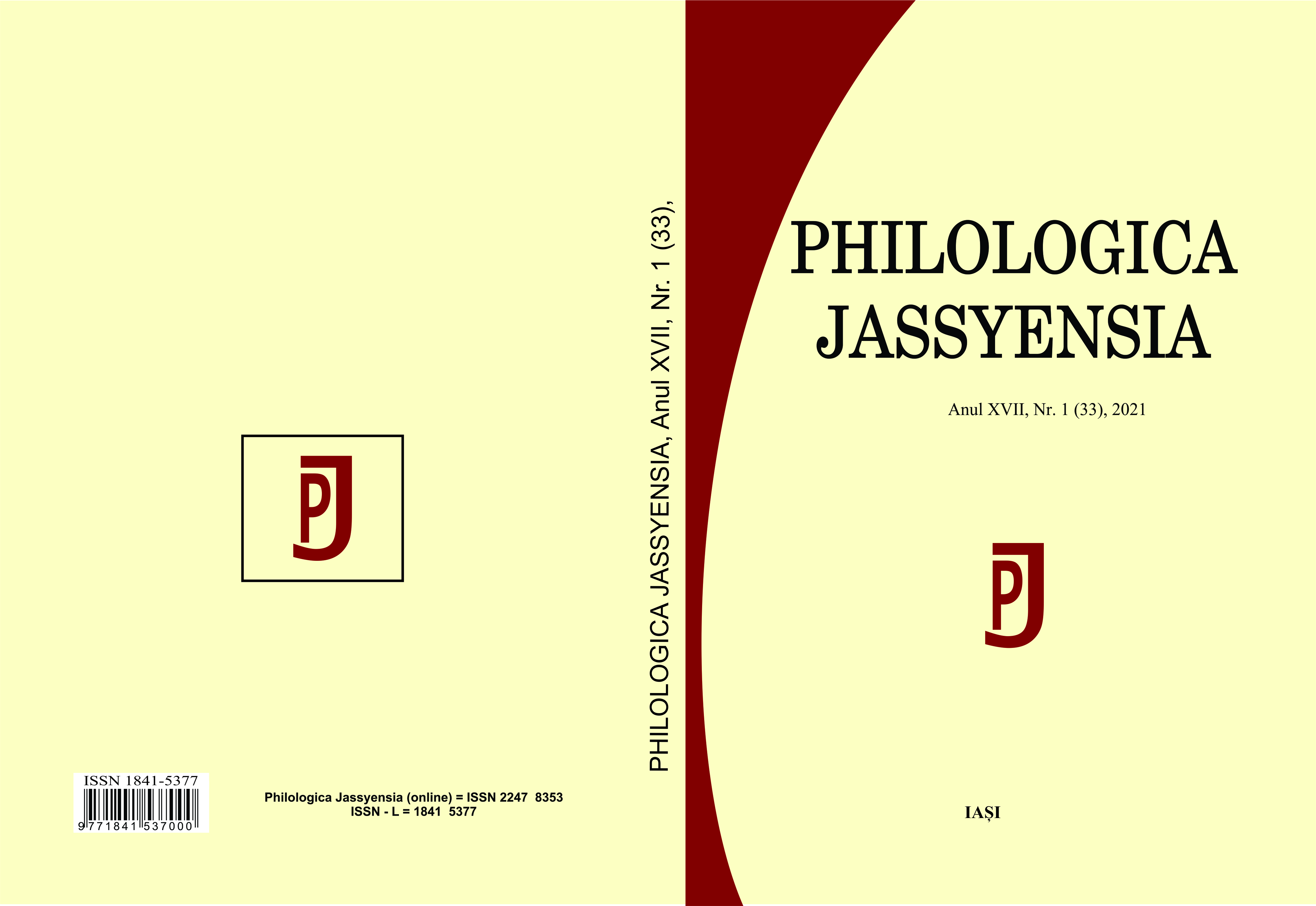Funcția „imperială” a limbii române
The “Imperial” Function of the Romanian Language
Author(s): Petre Guran Subject(s): Historical Linguistics
Published by: Editura Tracus Arte
Keywords: vernacular/official language; Roman idea; Moldavia; Wallachia; state-building;
Summary/Abstract: Associated with the historiographical debate around the “Romanian imperial idea”, the introduction of Romanian simultaneously as state and Church language in the two Romanian Principalities plays the role of a political proclamation, which affirms for both Moldavia and Wallachia the vocation to incarnate a res publica romana or a Roman political idea. In the 17th century’s context, marked by political and ecclesiastical entities competing for European supremacy and particularly for the domination of South-Eastern Europe in the confrontation with the Ottoman Empire, Basil Lupu of Moldavia and Matthew Basarab of Wallachia chose to express their aspiration to sovereignty over their territory, or even simultaneously over the two Principalities, by creating a new official language: “Romanian, which means Latin” (by the words of the Miron Costin). To this purpose they started in the 4th and 5th decades of the 17th c. a thorough program of translations and printings of legal and religious literature. The effort to create a new cultural language was renewed in the 8th and 9th decades of the same century by Șerban Cantacuzino, Constantine Brâncoveanu and Gheorghe Duca. The conjunction of legal and religious literature corresponds to the definition of a diarchy of princely and ecclesiastical power prescribed by the Byzantine Nomocanon (Syntagma of Matthew Blastares). The prince governs the body of society by law; the high priest is in charge of its soul. Thus, both state and Church were deeply engaged in this project and when the successors of Basil Lupu abandoned for a short period the project, the metropolitan Dosoftei carried it on. The entire effort of linguistic promotion was started by a small number of connected individuals, of which half were not native Romanians. Ultimately, Romanian became a state-building factor, which allowed the formation of the largest Nation-state in South-Eastern Europe.
Journal: Philologica Jassyensia
- Issue Year: XVII/2021
- Issue No: 1 (33)
- Page Range: 103-117
- Page Count: 15
- Language: Romanian

